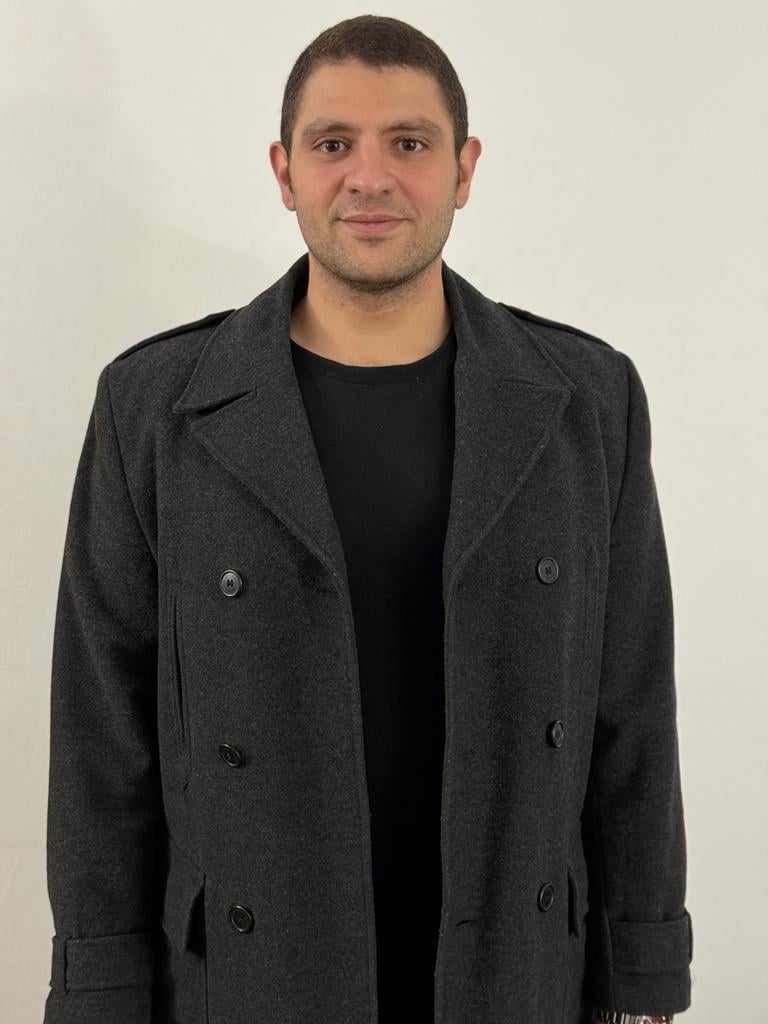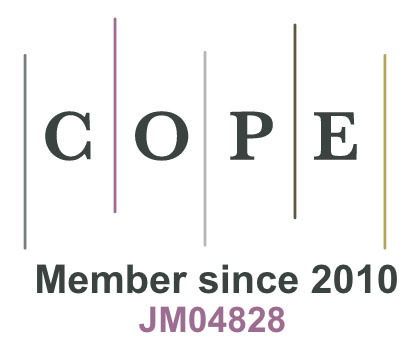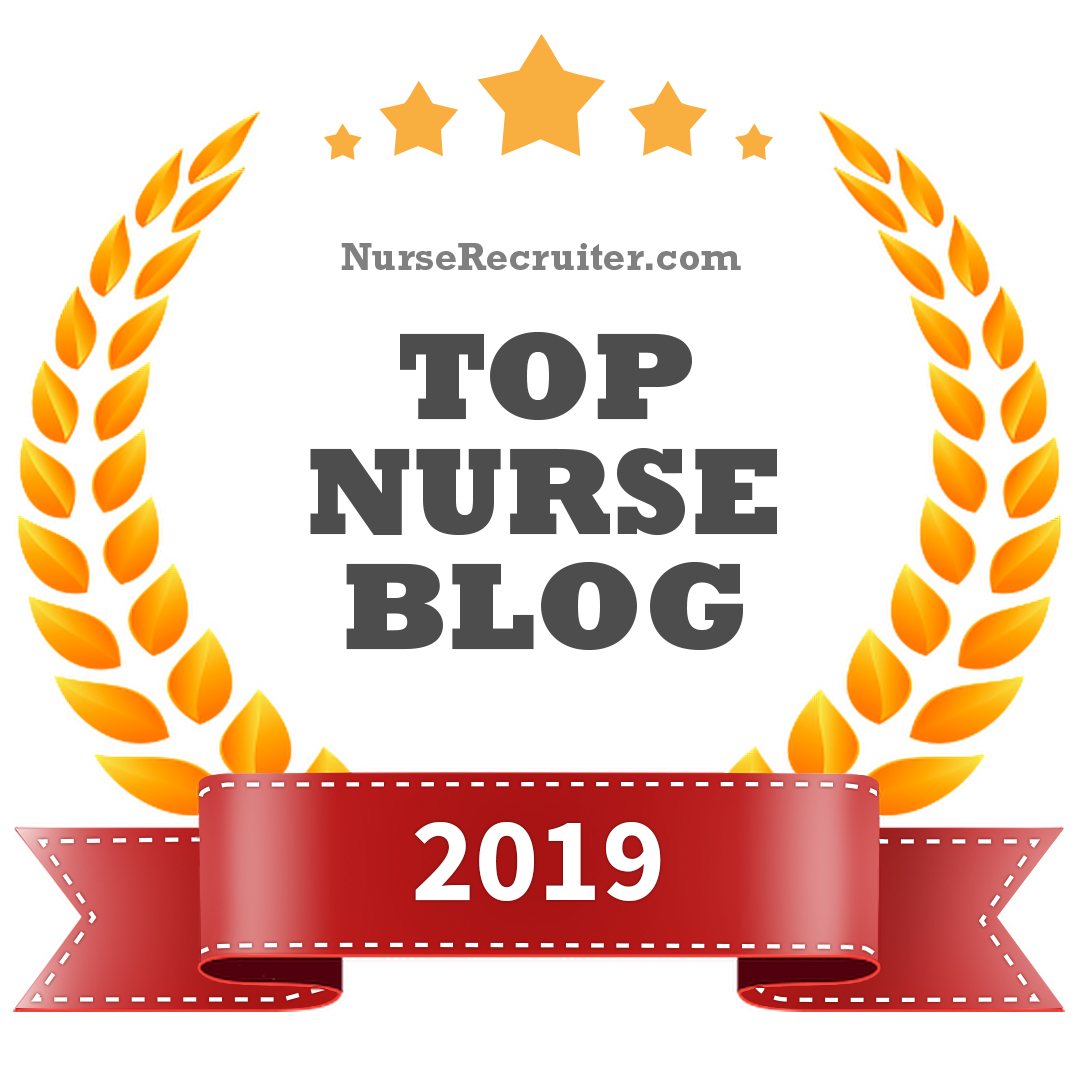Ageism in Nursing Care
Our current featured article is titled “Ageism in the Nursing Care of Older Adults: A Concept Analysis” authored by Ammar Hammouri, MSN, RN; Murad H. Taani, PhD, MPH, RN; and Julie Ellis, PhD, RN. While this article is featured it is available for free download from the ANS website. Mr. Hammouri has shsared this background about the article for ANS readers:
My program of research aims to improve older adults’ physical function, mental health, and quality of life. One of the most pervasive issues that affects the health and well-being of the aging population and represents a significant threat to successful and healthy aging is ageism.
Ageism is reported to be the most common, socially condoned, and institutionalized type of discrimination in the United States. Unlike other types of discrimination, like racism or sexism, ageism tends to be insidious, because most often, it goes unrecognized and/or unchallenged by societal norms due to its implicit nature.
Regrettably, ageism is pervasive and entrenched in our health care settings. Despite its prevalence, it is still unrecognized by many healthcare providers including nurses. Evidence shows that such ageist attitudes tend to decrease the quality of healthcare provided to older adult patients compared to their younger counterparts. I believe that part of fixing a problem is to admit its existence in the first place. This concept paper will assist nurses in understanding the causes and consequences of ageism. It will aid policy makers in developing policies and interventions to help decrease ageism in health care settings.
I believe that this paper will lay the foundation for my current and future research focusing on decreasing ageism in healthcare, improving older adults’ adherence to health behaviors, delaying their transfers to long-term healthcare facilities, and decreasing healthcare costs.
I ama currently a PhD candidate at College of Nursing, University of Wisconsin-Milwaukee. I would like to thank my advisors and co-authors Dr. Julie Ellis and Dr. Murad Taani for their valuable input. I am deeply grateful for their mentorship, expertise, and continuous support.





